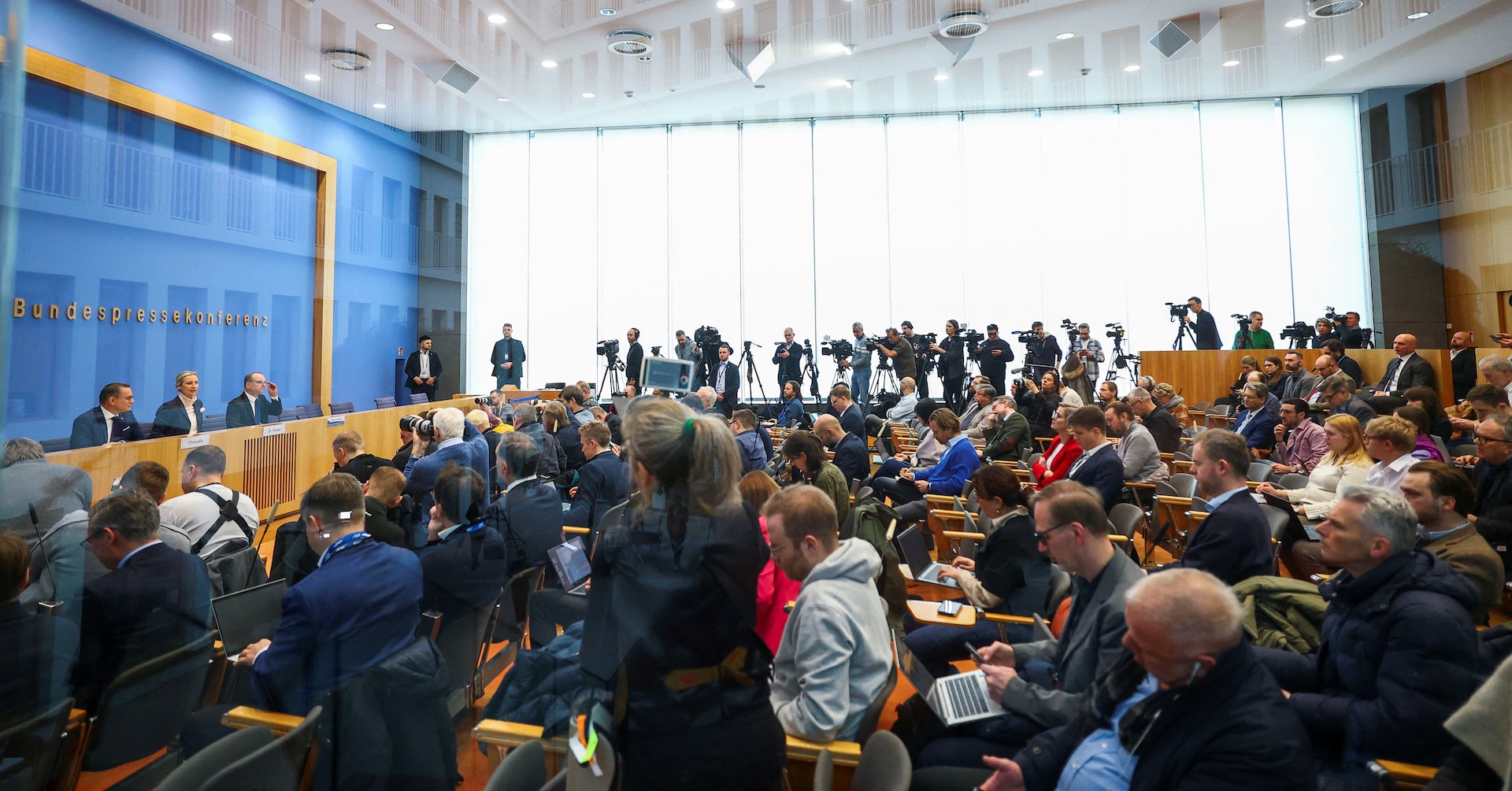Navigating Tension: The Art of Defusing Conflicts in Conversations and Boardrooms
Business
2025-03-25 10:00:00Content

Navigating High-Stakes Conversations: Mastering Clarity, Engagement, and Composure
In the high-pressure moments of critical conversations, maintaining your mental clarity and emotional balance can be challenging. Whether you're negotiating a business deal, addressing a sensitive workplace issue, or managing a personal conflict, these three powerful tactics will help you stay focused, connected, and in control.
1. Anchor Yourself with Active Listening
The foundation of effective communication is genuine, intentional listening. Instead of preparing your next response or becoming defensive, commit to truly understanding the other person's perspective. Practice active listening by:
• Maintaining eye contact
• Asking clarifying questions
• Reflecting back what you've heard
• Suspending judgment
This approach transforms conversations from potential confrontations into collaborative dialogues, creating an environment of mutual respect and understanding.
2. Regulate Your Emotional Landscape
Emotional intelligence is your secret weapon in high-stakes interactions. When tensions rise, your ability to manage your emotional state becomes crucial. Develop techniques like:
• Deep, deliberate breathing
• Momentary pauses before responding
• Recognizing and acknowledging your emotional triggers
• Maintaining a calm, measured tone of voice
By staying emotionally centered, you'll make more rational decisions and prevent unnecessary escalation.
3. Embrace a Solution-Oriented Mindset
Shift your perspective from winning an argument to finding a constructive resolution. Approach challenging conversations with curiosity and a genuine desire to understand and solve problems. This means:
• Focusing on shared goals
• Exploring multiple perspectives
• Being open to compromise
• Viewing challenges as opportunities for growth
When you prioritize collaborative problem-solving, you transform potential conflicts into meaningful opportunities for connection and progress.
Conclusion
Mastering high-stakes conversations is a skill that develops with practice, self-awareness, and intentional strategy. By implementing these tactics, you'll not only navigate difficult interactions more effectively but also build stronger, more resilient relationships in both professional and personal domains.
Mastering High-Stakes Communication: Navigating Professional Challenges with Confidence and Precision
In the complex landscape of professional interactions, individuals frequently encounter high-pressure scenarios that demand exceptional communication skills, emotional intelligence, and strategic thinking. The ability to maintain composure, clarity, and engagement during critical moments can significantly determine one's success, reputation, and career trajectory.Transform Challenging Conversations into Opportunities for Professional Growth
Emotional Intelligence: The Cornerstone of Effective Communication
Navigating high-stakes interactions requires a profound understanding of emotional dynamics. Professionals must develop an acute awareness of their internal emotional landscape, recognizing potential triggers that could derail constructive dialogue. By cultivating self-regulation, individuals can transform potentially volatile conversations into collaborative opportunities. Emotional intelligence extends beyond personal management, encompassing the ability to read and respond to others' emotional states. This nuanced skill involves active listening, empathetic understanding, and strategic communication that acknowledges underlying psychological dynamics. Successful communicators learn to decode non-verbal cues, interpret subtle emotional signals, and craft responses that validate and redirect conversational energy.Strategic Communication Frameworks for Complex Interactions
Developing a robust communication framework becomes essential when confronting challenging professional scenarios. This approach involves meticulously preparing psychological and conversational strategies before engaging in critical discussions. Professionals must anticipate potential objections, understand diverse perspectives, and construct flexible communication pathways. Effective strategic communication requires comprehensive preparation, including thorough research, scenario planning, and psychological readiness. By developing multiple conversational approaches, individuals can dynamically adapt their communication style, ensuring they remain responsive and resilient under pressure. This methodology transforms potential confrontations into constructive dialogues that promote mutual understanding and collaborative problem-solving.Psychological Resilience and Cognitive Flexibility
Maintaining psychological resilience represents a critical skill in high-stakes professional environments. Individuals must cultivate mental frameworks that enable rapid cognitive adaptation, allowing them to process complex information, manage emotional responses, and generate innovative solutions under pressure. Cognitive flexibility involves developing mental agility that transcends traditional linear thinking. Professionals who master this skill can rapidly reframe challenges, identify alternative perspectives, and generate creative solutions. This approach requires continuous learning, self-reflection, and a willingness to challenge existing mental models, ultimately transforming potential obstacles into opportunities for growth and innovation.Nonverbal Communication and Psychological Presence
Beyond verbal articulation, nonverbal communication plays a pivotal role in high-stakes interactions. Professionals must develop a comprehensive understanding of body language, tone modulation, and psychological presence that communicates confidence, authenticity, and credibility. Mastering nonverbal communication involves cultivating a holistic approach that integrates physical posture, facial expressions, and energetic resonance. By aligning external presentation with internal emotional states, individuals can create powerful communication experiences that transcend traditional verbal exchanges, establishing deeper connections and fostering trust in complex professional environments.Continuous Learning and Adaptive Communication Strategies
Professional excellence emerges from a commitment to continuous learning and adaptive communication strategies. Individuals must view each high-stakes interaction as an opportunity for personal and professional development, systematically analyzing their performance and refining their approach. This approach requires a growth mindset that embraces vulnerability, seeks constructive feedback, and views challenges as transformative learning experiences. By maintaining intellectual humility and a commitment to ongoing improvement, professionals can progressively enhance their communication capabilities, turning potential confrontations into opportunities for meaningful dialogue and collaborative success.RELATED NEWS
Business

Desperate Plea: Local Businessman's Family Battles ICE Detention in High-Stakes Immigration Showdown
2025-03-04 00:50:35
Business

Strike Zone in Peril: Local Black Entrepreneur Battles to Keep Family Bowling Legacy Alive
2025-03-03 22:45:08
Business

German Business Elite Weigh In: Election Shockwaves and Economic Implications
2025-02-24 10:06:49





